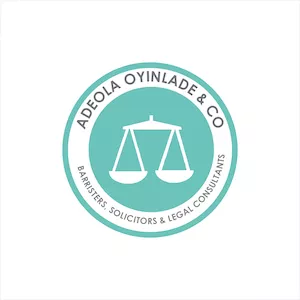- within Finance and Banking topic(s)
- in United States
- within Finance and Banking, Insurance and Real Estate and Construction topic(s)
- with readers working within the Retail & Leisure and Law Firm industries
A digital bank is a technology banking system that provides virtual financial services. Digital banking has becoming very popular in Nigeria with the establishment of digital banks. These digital banks like Kuda, Vbank, and ALAT by Wema provide a seamless means of banking by allowing customers open accounts, request debit cards, transfer, savings, payment of bill, etc.
Generally, there is no specified licencing regime for digital banking mandated by the Central Bank of Nigeria (CBN) which is the body that regulates the financial sector in Nigeria. Proposed digital banking companies must choose one of the available financial licences such as, payment service bank licence, microfinance bank licence, commercial bank licence, and others. However digital banks are commonly incorporated as Microfinance Banks (MFBs) because of its advantage of being cheaper to start and it is malleable to fit a number of the product offerings.
Procedures for acquiring a Microfinance/digital bank licence are provided below:
- Formal application to the Governor of the CBN specifying the category of Microfinance bank to be registered
- Payment of non-refundable application fee to the CBN
- Grant of approval in Principle by the CBN within 3 months of application (a prerequisite for incorporation of the company)
- Incorporation of the microfinance bank with the Corporate Affairs Commission (microfinance bank must be added at the end of the company name)
- Submission of necessary documents to the CBN (CTC of incorporation documents, share certificate of shareholders, membership register, opening statement of affairs)
- Grant of operating licence by the CBN.
The above is only a general guide to the setting up of a digital bank in Nigeria, professional guidance is advised.
The content of this article is intended to provide a general guide to the subject matter. Specialist advice should be sought about your specific circumstances.


